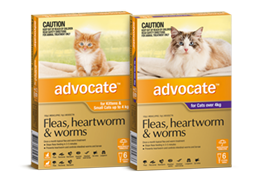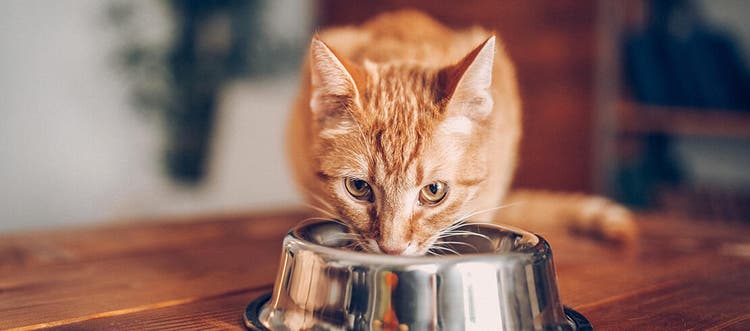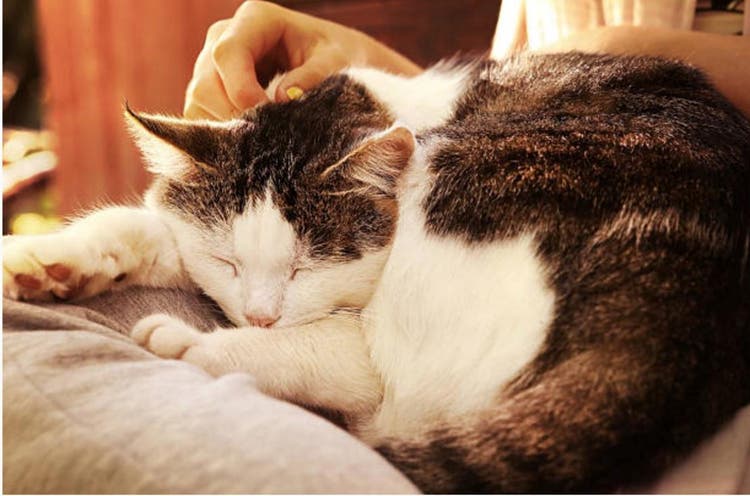Many people believe heartworm only affects dogs – but heartworm disease can cause health issues in cats, too. That’s why it’s crucial to know the risks and preventative options.
Can cats get heartworm? Understand the risks
Most cat owners take preventative measures against common parasites like fleas, ticks and intestinal worms. But what about heartworm? It’s a common misconception that only dogs can get heartworm, however unfortunately both indoor and outdoor cats are at risk. Here’s what you need to know to protect your cat from this potentially dangerous disease.
How do cats get heartworm?
Heartworm is transmitted through mosquito bites. When an infected mosquito bites and takes a blood meal from your cat, they transfer heartworm larvae.
The more mosquito bites a cat receives, the higher the risk of heartworm. Outdoor cats are at a higher risk than indoor cats, but because no pet owner can completely prevent mosquitoes from biting their pet, a regular heartworm treatment should be given to prevent the disease.
What are the risks of heartworm in cats
While heartworm disease in cats differs from heartworm in dogs, the health risks can be just as serious.
The disease can cause significant damage to various organs, not just the heart. Infection usually affects the lungs, airways and surrounding blood vessels, and can sometimes cause sudden death in cats, before signs of infection have become apparent. Heartworms in cats may even migrate to other parts of the body, such as the brain, eye and spinal cord.
Heartworm infection can also lead to:
- Difficulty walking
- Difficulty breathing
- Lethargy
- Coughing and/ or wheezing
- Fainting or seizures
- Fluid accumulation in the abdomen
Once your cat has contracted heartworm, it can be very challenging to treat.
How can I prevent heartworm in my cat?
To keep your cat healthy, prevention is key. Kittens are at the same risk level of contracting heartworm as adult cats, so it’s recommended that all felines start on a heartworm preventive as soon as possible.
There are a few different options when it comes to protecting your cat against heartworm. AdvocateTM, a fast-acting, water resistant, easy to apply monthly spot-on offering comprehensive parasite protection. Advocate protects cats against fleas, heartworm, intestinal worms, lungworms and mites. Advocate can be applied to kittens as young as 9 weeks old, so you can rest easy.
Another option, especially for those cats that dislike spot-on treatments, is Milbemax™. Milbemax is administered monthly to protect cats against heartworm and intestinal worms and is a popular product that has been trusted by Australian Vets for over 20 years. It comes in small, flavoured, tasty tablets which makes protecting your cat against these nasty parasites a breeze.



